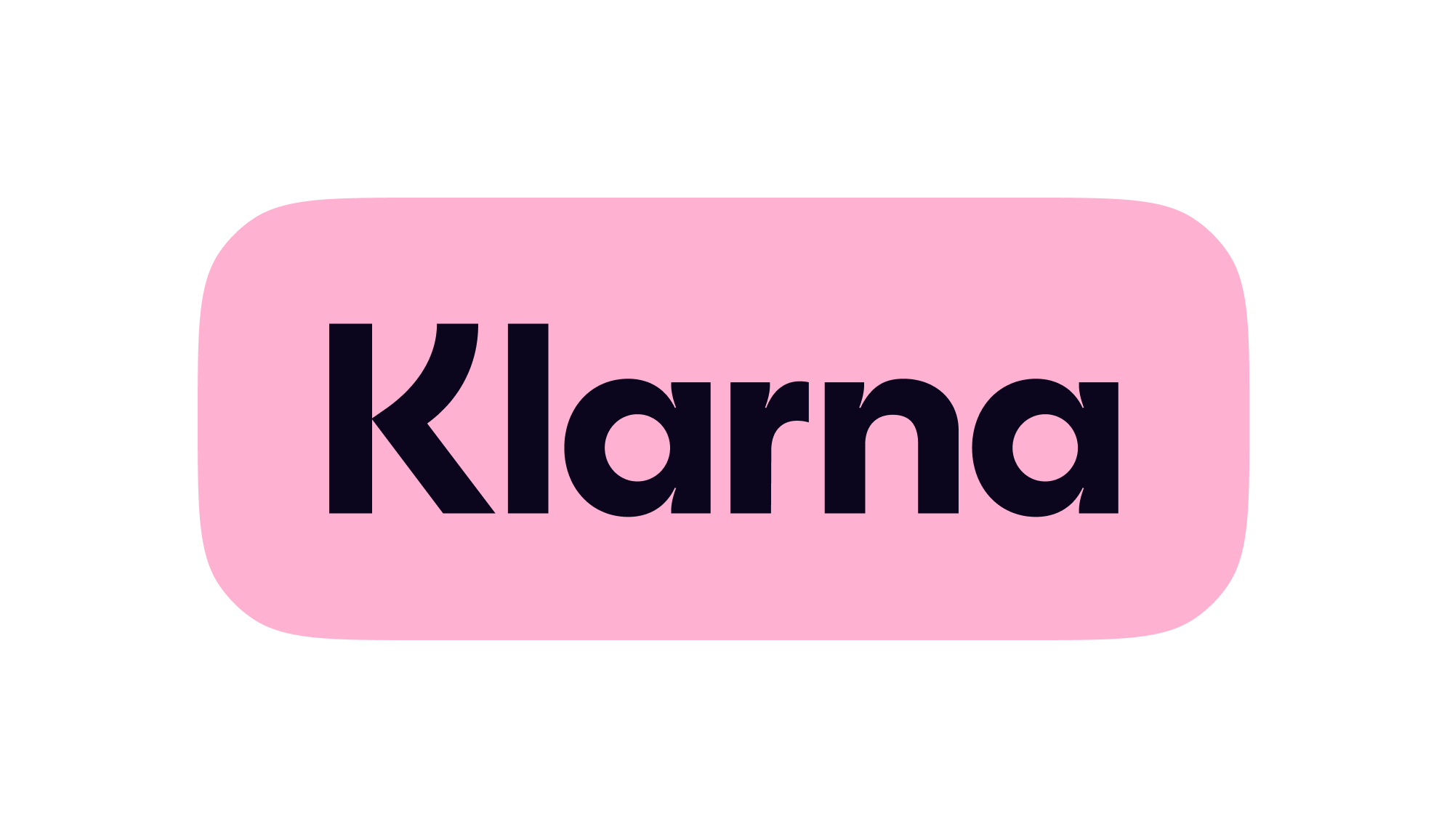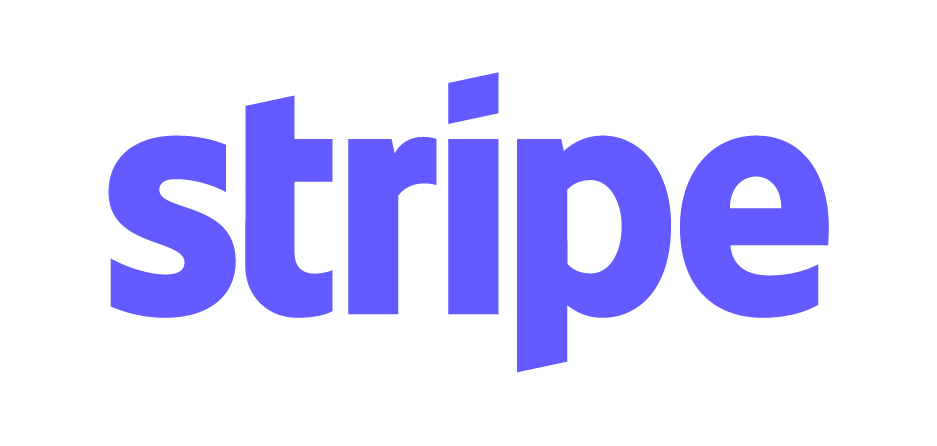A comprehensive skin assessment is a pivotal step in aesthetic medicine, serving as the foundation for any subsequent treatment plans. It is a multifaceted process that requires attention to detail and a structured approach to ensure the best outcomes for patients. This blog will discuss how to conduct a comprehensive skin assessment with your clients.
Patient Assessment:
The initial stage thoroughly reviews the patient’s medical history, including known allergies, current medications, and past cosmetic procedures. This information is vital to identify any potential contraindications to treatment. A careful examination of the patient’s skin is also necessary to detect any signs of infections, inflammation, or active skin diseases that may affect treatment options. Additionally, it is essential to engage in a dialogue with the patient to understand their concerns and expectations, which can provide valuable insights into their mental state and potential body dysmorphic disorder.
Skin Analysis Tools:
Advancements in technology have provided practitioners with sophisticated skin analysis tools that can assess the skin’s surface condition and identify specific concerns. These tools can help tailor treatments to the patient’s unique needs. Another critical tool is the Fitzpatrick Skin Type assessment, which categorises skin types based on their response to sun exposure. This assessment is essential for providing accurate sun protection recommendations and can influence treatment decisions.
Managing Expectations:
Managing patient expectations begins with honest and transparent consultations. Using visual aids and providing thorough informed consent can help patients understand what to expect from the procedures. In cases where expectations are not met or procedure regret occurs, it is crucial to offer active listening, empathy, and support. This may include reassessment of the treatment plan or referral to specialists if necessary.
Patient-Centered Approach:
A patient-centred approach prioritises the patient’s safety, autonomy, and well-being. This approach involves conducting thorough pre-treatment assessments to identify contraindications or factors that may increase the risk of complications. It also emphasises the importance of tailoring treatments to the individual needs of the patient.
Referral Mechanism:
Establishing a referral mechanism is essential for patients who may require specialist evaluation. This ensures that the treatment plan is comprehensive and considers all aspects of the patient’s dermatological and overall health conditions.
Product Selection:
The selection of products is a critical decision that should be made with care. It is essential to choose products approved by regulatory authorities with a proven safety record. Understanding the product’s characteristics, such as composition, viscosity, and biocompatibility, is also vital for achieving the desired results.
Informed Consent:
Informed consent is a fundamental aspect of any medical procedure. It involves clearly explaining the pros and cons of the procedure, including potential risks and side effects. Practitioners must ensure patients fully understand this information and agree to the procedure before proceeding.
Cosmeceuticals:
Factors such as skin type, concerns, lifestyle, and personal preferences should be considered when recommending cosmeceuticals. The role and potential use of cosmeceuticals, such as retinoids, should be examined in the skin health assessment.
Conducting Skin Assessments
In conclusion, conducting a comprehensive skin assessment is an intricate process that requires careful consideration of various factors. By following a structured approach, practitioners can provide personalised and effective treatment plans that cater to each patient’s unique needs.
Skin Rejuvenation Training Courses
At Derma Institute, we understand the importance of providing thorough skin assessments when treating patients. Through a mix of theory and practical training, you will build confidence in conducting skin assessments as you progress. We now offer a wide range of skin rejuvenation courses, including:
- Skin Boosters Training Course
- Polynucleotides Training Course
- Microneedling & Chemical Peels Training Course
- Platelet Rich Plasma (PRP) Training Course
Our Level 7 Diploma in Injectable Therapies also provides the opportunity for more detailed research in this area. Contact our team to find out more and help find the perfect course to further your aesthetic career.






